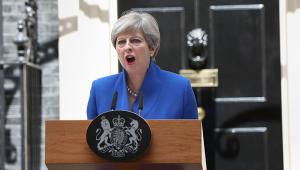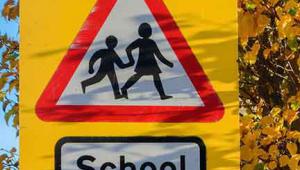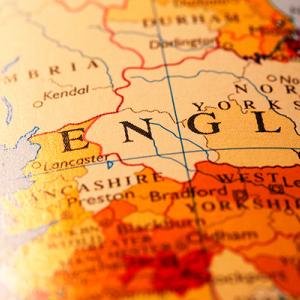According to Mrs May, the wounds of the referendum battle have healed, and the country is united behind Brexit.
But to many of us, this seems like a distortion of reality typical of the out of touch Westminster elites that Mrs May claims to oppose.
In fact, the country is more divided than ever.
The Brexit vote exposed many of the gaping economic, social, and cultural divisions in our society that are generally hidden by the voting patterns seen in day-to-day party politics.
And as we turn our focus once again to a general election, these divisions will not be put to rest so easily.
One divide, up to now generally ignored in British politics, has had particular salience since the Brexit vote – and that is the divide between those living in rural and urban areas.
People living in small towns and villages all over the country were much more likely to vote to leave the European Union, but urban areas such as London, Birmingham, and Manchester were much more likely to vote remain.
Whilst there are undoubtedly complex economic and social variables, geography played a significant role in determining whether a person voted leave or remain, not least in the North. Many are already seeing the snap election as a referendum on the government’s approach to Brexit.
People are scrambling to find a suitable acronym, and the somewhat feeble #Brelection is already trending on Twitter. But what will referendum 2.0 mean for the North?
Before today’s announcement, the biggest political event of the year was coming up on the 4th May, when new metro-mayors were set to be elected in city regions across the country.
Three of these contests – Liverpool, Manchester, and Tees Valley – are taking place in the North. Sadly, now May 4th is likely to come and go and campaigning will be swept up in the tide of party politics emanating from the capital, with Brexit the number one issue on the agenda.
Brexit is undoubtedly a critical issue for the North, and on June 9th Northerners will have to consider the economic impact of hard Brexit on the North’s manufacturers, exporters, and employers.
But the mayoral elections were supposed to be about issues even more fundamental to people’s daily lives – how people get to work, the waits they face for healthcare services and the cleanliness of the air they breathe.
IPPR North recently released a report on the main issues that metro mayors should be addressing in their campaigns.
These are divided into 5 categories – inclusive growth, transport and connectivity, effective public services, inclusive democracy and a healthy environment.
These are still the most important issues facing people in the North of England and it is the responsibility of mayoral candidates to deliver convincing strategies that address each of these in turn.
It remains the responsibility of all those who care about our democracy to ensure that their voices are heard above the din of #Brelection17.





















